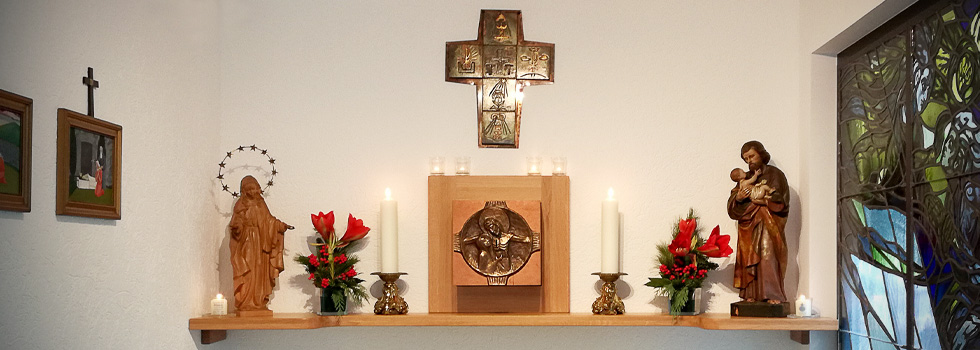1078. Blessing is a divine and life-giving action, the source of which is the Father; his blessing is both word and gift. When applied to man, the word “blessing” means adoration and surrender to his Creator in thanksgiving.
1079. From the beginning until the end of time the whole of God’s work is a blessing. From the liturgical poem of the first creation to the canticles of the heavenly Jerusalem, the inspired authors proclaim the plan of salvation as one vast divine blessing.
1080. From the very beginning God blessed all living beings, especially man and woman. the covenant with Noah and with all living things renewed this blessing of fruitfulness despite man’s sin which had brought a curse on the ground. But with Abraham, the divine blessing entered into human history which was moving toward death, to redirect it toward life, toward its source. By the faith of “the father of all believers,” who embraced the blessing, the history of salvation is inaugurated.
1081. The divine blessings were made manifest in astonishing and saving events: the birth of Isaac, the escape from Egypt (Passover and Exodus), the gift of the promised land, the election of David, the presence of God in the Temple, the purifying exile, and return of a “small remnant.” the Law, the Prophets, and the Psalms, interwoven in the liturgy of the Chosen People, recall these divine blessings and at the same time respond to them with blessings of praise and thanksgiving.
1082. In the Church’s liturgy the divine blessing is fully revealed and communicated. the Father is acknowledged and adored as the source and the end of all the blessings of creation and salvation. In his Word who became incarnate, died, and rose for us, he fills us with his blessings. Through his Word, he pours into our hearts the Gift that contains all gifts, the Holy Spirit.
1669. Sacramentals derive from the baptismal priesthood: every baptized person is called to be a “blessing,” [compare Gen 12,2] and to bless [compare Lk 6,28; Röm 12,14: 1 Petr 3,9]. Hence lay people may preside at certain blessings [compare SC 79; CIC, can, 1168]; the more a blessing concerns ecclesial and sacramental life, the more is its administration reserved to the ordained ministry (bishops, priests, or deacons) [compare Ben 16; 18].

